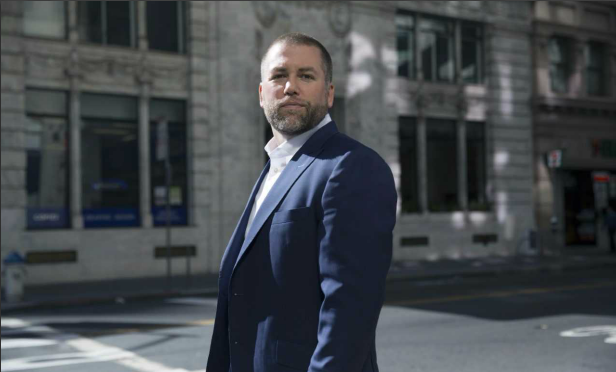 Amazon's city search for a second headquarters is all the talk of the real estate town, and for good reason. Whichever city Amazon chooses will see near immediate growth and demand. The housing market will see the biggest and most immediate impact, because the initial employees—some 50,000 of them—will have an average income of $100,000 per year. Housing, however, isn't the only asset class poised for growth. The office market will likely see tremendous demand, not only from Amazon but from supporting industries as well.
Amazon's city search for a second headquarters is all the talk of the real estate town, and for good reason. Whichever city Amazon chooses will see near immediate growth and demand. The housing market will see the biggest and most immediate impact, because the initial employees—some 50,000 of them—will have an average income of $100,000 per year. Housing, however, isn't the only asset class poised for growth. The office market will likely see tremendous demand, not only from Amazon but from supporting industries as well.
“You are going to see tremendous growth for office product in terms of values. Not only is Amazon going to come in and immediately take up 500,000 to 1 million-plus square feet of office space over a relatively short period of time, the supporting industries are going to very quickly need places to work as well,” Mike Akerly, VP and regional manager at Polaris Pacific, tells GlobeSt.com.
The city will likely see an increase in office development to support the demand, but will also likely see a boost in speculative development as lenders become comfortable with the new demand. “You may find that office developers will be more speculative in nature,” says Akerly. “Apartment buildings are generally built on spec, meaning that they don't have anyone that has signed a lease when they obtain financing. For office projects, it is much more common that you have secured a major tenant or more than one major tenant in order to get the financing you need. The result of that could mean that you get behind the demand curve, and there could be some issues there.”
Recommended For You
Want to continue reading?
Become a Free ALM Digital Reader.
Once you are an ALM Digital Member, you’ll receive:
- Breaking commercial real estate news and analysis, on-site and via our newsletters and custom alerts
- Educational webcasts, white papers, and ebooks from industry thought leaders
- Critical coverage of the property casualty insurance and financial advisory markets on our other ALM sites, PropertyCasualty360 and ThinkAdvisor
Already have an account? Sign In Now
*May exclude premium content© 2025 ALM Global, LLC, All Rights Reserved. Request academic re-use from www.copyright.com. All other uses, submit a request to [email protected]. For more information visit Asset & Logo Licensing.








